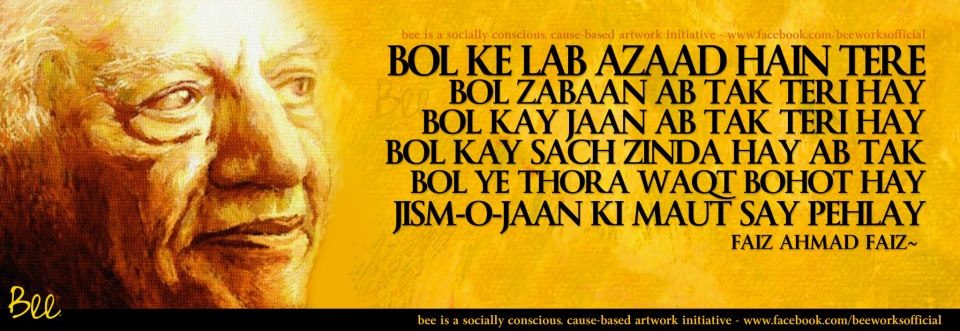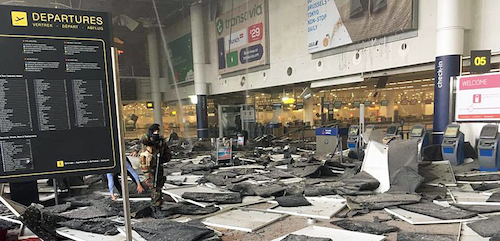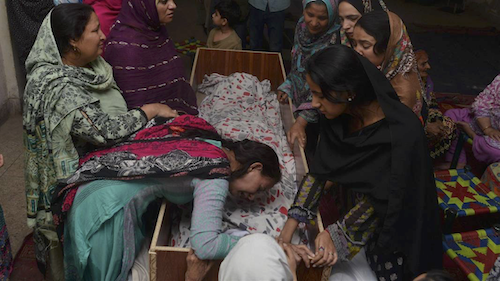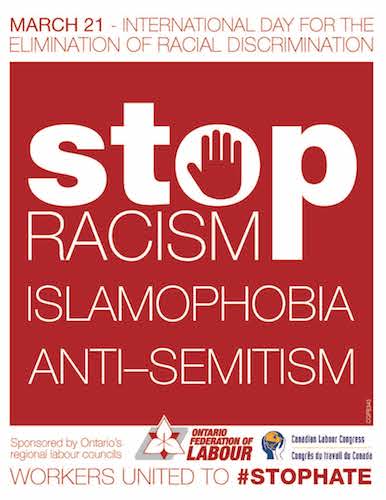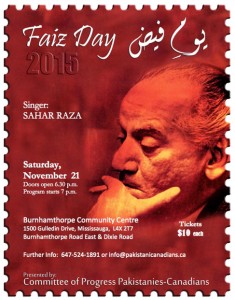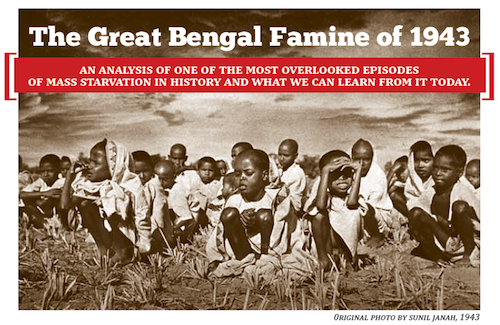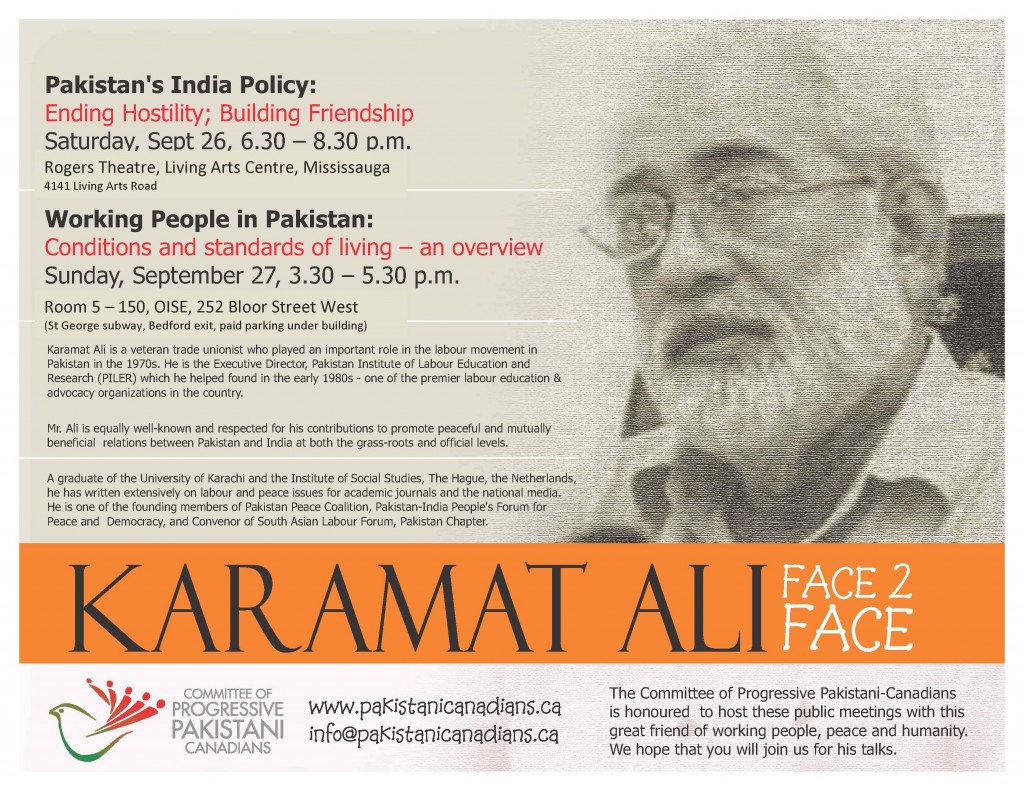The Failure of Anti-Terrorist, Social and Foreign Policies Leads to Terrorist Attacks:
Vice-Chairman of the Workers’ Party of Belgium (PTB-PVDA) David Pestieau on the
terrorist attacks in Brussels Airport and in the Brussels metro and on the latest antiterrorist draft bill in Belgium. (Interview was published in L’Humanité Dimanche, 31 March 2016)
HD. What state is Belgium in, more than one week after the terrorist attacks?
We are still living in the continuity of the attacks in Paris first, and now in Brussels. The difference lies in the targeted premises – the airport and the metro – with passengers, workers, persons on their way to work, mothers, fathers. The first reaction was solidarity and unity against terror, hatred and division. Commemorations, both spontaneous and organized, were held at the Brussels Stock Exchange, on the Brussels Airport tarmac, in Charleroi, in Antwerp and in cities across the country.
Everyone wanted to defend our peaceful co-existence against jihadists and racists. All victims, all standing as one, in spite of the attempts by the extreme right to disrupt this growing movement of unity. On Sunday 27 March, four hundred hooligans from the association ‘Casual United Belgium’ attempted to break the solidarity in the cosmopolitan town that is Brussels, where two-thirds of the population is of foreign origin. This incident raises many questions. How come that, right in the wake of the attacks, with all the security measures taken by the authorities, these 400 hooligans managed to go from Vilvoorde (a city just outside Brussels) to the Place de la Bourse (in the centre of Brussels) without there being any reaction. There has been a laissez-faire attitude vis-à-vis these “black-shirts” who were allowed to trample flowers, chant slogans against immigrants and perform the Nazi salute.
The society is experiencing an enormous sense of bewilderment. Both in Belgium and in the rest of Europe, the extreme-right is trying to capture the anger in order to sow terror and division.
HD. The investigation of the attacks reveals gross negligence on the part of the Belgian authorities. Is this worrisome, with new anti-terrorist bills on the horizon?
The hour of truth has come. We demand answers to the many questions raised as to the
management of the terrorist threat and the responsibility of the judiciary and the police. At different levels, we can see that the government has been unable to protect the population. Hence it is clear that its policies have to be challenged. And the PTB-PVDA members of parliament shall oppose any new anti-terrorist bill proposed by the Prime Minister who, nevertheless, wants to bring new legislation forward as early as March 29. Attention must be given to the existing mechanisms and the many shortcomings. It appears today that these attacks could have been prevented. The ministers have to provide answers as to what happened to the very clear warnings received on Ibrahim El Bakraoui and the Abdeslam brothers. Serious errors have been committed. Hence we formulated 37 precise questions to the Michel Government, for we cannot afford such shortcomings any more in the fight against terrorism.
HD. What are the measures called for by the government?
Prime Minister Charles Michel and his ministers are committed to mirroring the path chosen by the United States and most of the European countries like France: to gather and record as many data as possible on as many citizens as possible, while, at the same time, the Minister of Justice has confirmed at the committee of inquiry that his services are being over-stretched because of an overflow of information. Likewise, the battery of measures taken – the army on the streets, the revocation of citizenship, mass surveillance – is inefficient and may increase the burden of operational work at the expense of the tracking-down of the really dangerous subjects. Another point to emerge from these attacks is the lack of structural coordination between the different services: the federal police, the intelligence services and the local police.
HD. What are the avenues proposed by the PTB-PVDA?
At the criminal level, it is necessary to target the recruiters of future Syria fighters as well as other jihadists. We have to be in a position to thwart terrorist plots through targeted police work. We also have to develop prevention, and deradicalisation programmes… We have to invest in employment and in the fight against discrimination, Belgium being one of the European countries with the highest rate of discrimination in job recruitment. Europe should also stop its pro-war policy with NATO and cut off the financial, logistical and arms support to IS via its allies, including Qatar, Saudi Arabia and Turkey.
